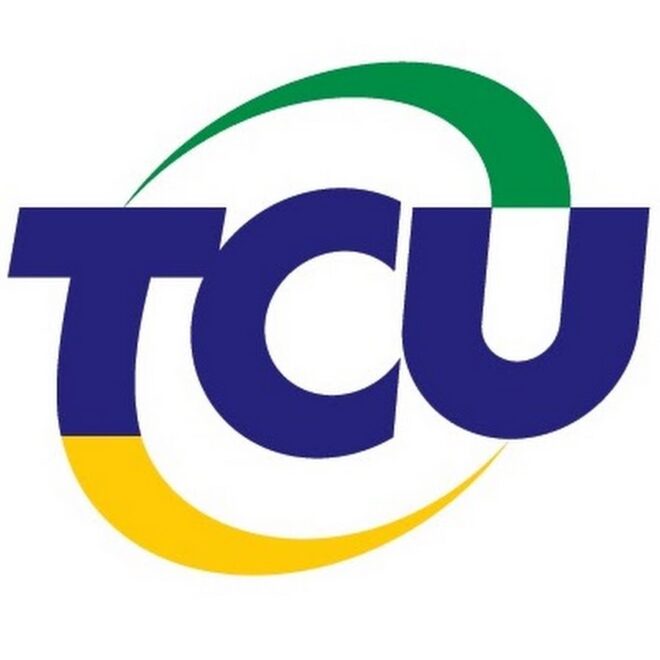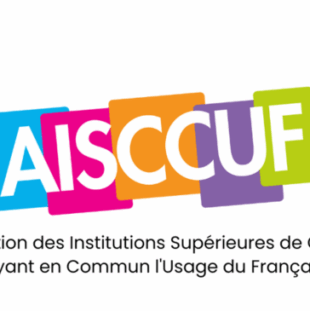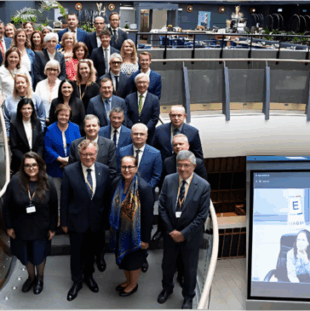Sustainability at the Tribunal de Contas da União (TCU Brazil)

The topic of sustainability in the public sector is becoming increasingly relevant on the world scenario.
Within the scope of the Federal Court of Accounts – Brazil (TCU), sustainability is a crucial tool to ensure that our activities are carried out in an efficient, balanced, and responsible manner. As a Supreme Audit Institution, the TCU is responsible for auditing public accounts, making it an important body in the management of public resources and in the promotion of transparency and efficiency in public administration. In this regard, the TCU’s adoption of sustainable practices is important and required.
With this responsible thinking, the Federal Court of Accounts has implemented concrete and innovative sustainability actions since 2015, establishing us as a leader in the Brazilian public sector.
In this way, we are leaders in sustainable economic actions and inducers of policies and practices that reduce the environmental impact of our administrative actions.
To achieve this leadership position, we have recently invested in initiatives which aim to reduce the consumption of electricity, water, and other natural resources. In addition, we prioritize proper waste management and encourage our employees to use public transportation.
Energy
With the photovoltaic system of three mini-plants, which will represent around 18% of the current consumption of electricity generation in the Court buildings, the expected savings are about R$ 700 thousand per year, generating accumulated cash flow of more than R$ 20 million in 20 years, with time to value of approximately four years. Our photovoltaic plant has a total installed capacity of 781 kWp, producing an average of 92 MWh/month, equivalent to 34.16% of TCU’s total consumption.

Simple actions such as changing light bulbs, reducing the use of air conditioning, and reviewing tariffs have contributed to reducing our daily electricity consumption.
These actions, combined with the installation of the photovoltaic plant, resulted in total savings of R$ 16 million in five years, with a 42% drop in consumption.
It is important to highlight that, with the completion of the photovoltaic plant project, we obtained the A3P Award- Best Sustainability Practices in Public Administration of Innovation in Public Administration, year 2018, together with the Ministry of the Environment. With this award, we received recognition for this project, gave visibility to this practice to the Public Administration, and encouraged other bodies to create new proposals for good practice.
Paper
The implementation of electronic processes in 2009 resulted in a reduction in A4 paper consumption. In the 10-year period (2010-2020), more than 45 million pages (90 thousand reams) were not printed, equivalent to 6,000 trees. In financial terms, savings amounted to R$ 1.2 million.

In 2016, the TCU adhered to printing outsourcing. In general, it consists of the shared use of fewer printers by more users. There was a decrease in impressions by about one million pages per year, which is equivalent to reducing expenses by at least R$ 500 thousand annually; additionally, we reduced equipment by approximately 75%. This represented an annual saving of R$ 400 thousand.

Water and Sewage
The installation of a vacuum sewage system in the collective toilets, composed of three organic waste processing plants, with a reduction of around 36% of the current total water consumption will generate savings of about R$ 560 thousand per year, with time to value of approximately seven years.

Added to this, other initiatives such as the mechanical shutdown of taps, installation of aerators and artesian well, have resulted in a 72% decrease in water consumption in the last five years. These actions resulted in a reduction of R$ 996 thousand per year.
In addition to investing in initiatives, we also care about monitoring them. We provide all the information in a panel on the TCU portal with a friendly interface that allows the visualization of photovoltaic energy generation, adoption of water saving measures, suppression of the consumption of disposable plastic bottles, acquisition of biodegradable cups, implementation of printing outsourcing, among other initiatives that emphasize our commitment to the guidelines of our sustainability policy.


It is important to emphasize that all these actions seek to reconcile environmental, social, and economic gains.
Besides the internal monitoring, we are also externally monitored by the TCU object area since 2017.
All Public Administration bodies conduct similar monitoring. Therefore, we created an index that allows the measurement and comparison of sustainability actions implemented by Brazilian federal public bodies.
Thus, the application of the IASA (Public Administration Sustainability Actions Evaluation Index) was established, consisting of 11 guidelines: Sustainable Logistics Plan, Water, Energy, Paper and Electronic Process, Certification of Public Buildings, Selective Collection, Sustainable Public Procurement, Accessibility, Training, Mobility and Adherence to Programs.
Since then, we have invested in initiatives that have enabled us to achieve the maximum IASA index (3.0). In 2017, the result was 2.15. In 2020, we reached the index of 2.71, and in 2022 we reached the maximum concept in the 11 guidelines.
The results obtained are available in charts that allow monitoring the evolution in the implementation of sustainability policies.

Figure 2 – 2017-2022 Sustainability Actions Evaluation Index
These findings have already been presented in numerous symposia on the topic, and our initiatives to promote administrative sustainability have been serving as a model for various Brazilian public administration bodies.
We also emphasize that one of the guidelines of our Sustainability Policy is our institutional participation in initiatives of other entities or government spheres, which contribute to environmental preservation.
It should be noted that our Sustainable Logistics Program (PLS) for the five-year period of 2021-2025 maintains all the thematic axes of the previous plan (Sustainable Purchases, Works and Building Maintenance, Information Technology (IT), Life Quality, Communication and Training), and included the item “Gender Equality”, in addition to the link to the Sustainable Development Goals (SDGs), of the 2030 Agenda of the United Nations (UN).
The TCU serves as a model for other public bodies and for society in general. By adopting sustainable practices, it encourages other bodies to do the same, contributing to the spread of a sustainability culture in public administration.
The adoption of sustainable practices generates savings in resources, such as water and electricity. This results in lower costs for the body and, consequently, for society. Furthermore, the adoption of sustainable practices by the TCU contributes to reducing the environmental impact of its activities. This includes everything from reducing paper consumption to adopting measures to reduce greenhouse gas emissions. Adopting sustainable practices is also a way to demonstrate social responsibility and promote transparency and efficiency in public administration.
In conclusion, the Federal Court of Accounts’ adoption of sustainable practices is important not only for the example it sets to other public bodies, but also for the resources saved, contribution to the environment, and demonstration of social responsibility.
Taking it to a global scale, the promotion of sustainable practices by all INTOSAI Supreme Audit Institutions can contribute to reducing the global environmental impact, strengthen international cooperation on environmental issues, contribute to the United Nations 2030 Agenda and give countries a global leadership in sustainability.





